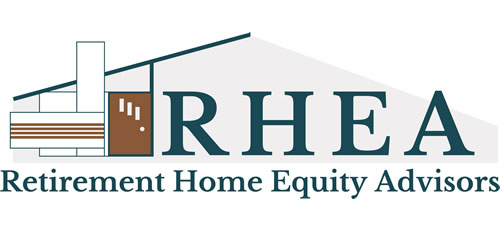A nest egg is a wonderful and important thing to build throughout your life. Increasing its size creates a sense of accomplishment and helps provide immense peace of mind. Nest eggs also go a long way in assisting people to retire in comfort and financial security. Whether you build yours through savings, investments, side jobs, an inheritance, or any other fashion – it is important to keep it tucked away and used only when it is necessary. Unfortunately, for many retirees, this simply does not seem possible. Retirement is an expensive endeavor as it is, even before factoring in unforeseen medical costs and unexpected home repairs.
It is important to note that the general rule of thumb is to withdraw 4% of your nest egg each year (plus inflation) during your retirement. Market data has suggested this can preserve the funds for at least 30 years. However, some financial advisors advise against using this hard-and-fast rule. While a fortunate few may be left with assets they could have otherwise spent, many others will find this system depletes their nest eggs much more quickly than they expected – leaving them between a rock and a hard place financially.
Fortunately, there are ways for retirees to preserve their nest eggs while still living comfortable lives and enjoying their newfound freedom. However, it does take some foresight and financial planning. First things first, you must determine the true size of your own nest egg. This can be accomplished using free online tools such as the American Association of Retired Persons’ (AARP’s) Retirement Nest Egg Calculator. The Vanguard Group has a similar tool. By using these resources and cross-comparing your results, you can get a clearer picture of the size and scope of your reserve funds. This will also prepare you to accurately and effectively pursue other financial interests since you will know exactly to what extent it will factor into your retirement. Below are a few ways to preserve your nest egg.
Required Minimum Distributions (RMDs).
Instead of using a risky hard-and-fast rule like the 4% principle, you can set up your own required minimum distribution using tables from the Internal Revenue Service (IRS). RMDs are more flexible since they analyze the value of your current assets and distribute funds accordingly.
Take Advantage of Low Interest Rates.
While you should only pursue debt with an abundance of caution, now is not a bad time to do so. Interest rates are currently very low. If you need to be panicked, do it in the form of saving money, rather than trying to liquidate your investments,” says Steve Parrish, co-director of the New York Life Center for Retirement Income at the American College of Financial Services.
Take Out a Reverse Mortgage.
If you do not plan on selling your home, you need not miss out on using its accumulated equity now. Reverse Mortgages allow retirement-age homeowners to access this equity in the form of a non-recourse loan, meaning that repayment will never exceed your home’s value. One of their many benefits is that you can decide how to receive the proceeds. A monthly payment is a great way to supplement your fixed income and preserve your nest egg for when you truly need it. Alternatively, you can structure your proceeds in a reverse mortgage line of credit. A reverse mortgage line of credit has been proven, if used correctly, to increase the likelihood your retirement portfolio or nest egg will last longer and reduce the risk of portfolio exhaustion. A recent paper published in the Journal of Financial Planning explains that “the probability of constant purchasing power cash flow survival throughout a 30-year retirement is substantially enhanced by the inclusion of home equity in the portfolio. The home equity is accessed by a reverse mortgage credit line, and income is distributed from the credit line instead of from the other assets in the portfolio.”
Would you like to prolong your reserve funds with a Reverse Mortgage? Contact Retirement Home Equity Advisors today! We are a team of licensed specialists serving senior homeowners throughout the States of Arizona, California, and Colorado. We can help you strategically leverage your home equity to decrease risk and improve financial stability throughout your retirement.


Recent Comments